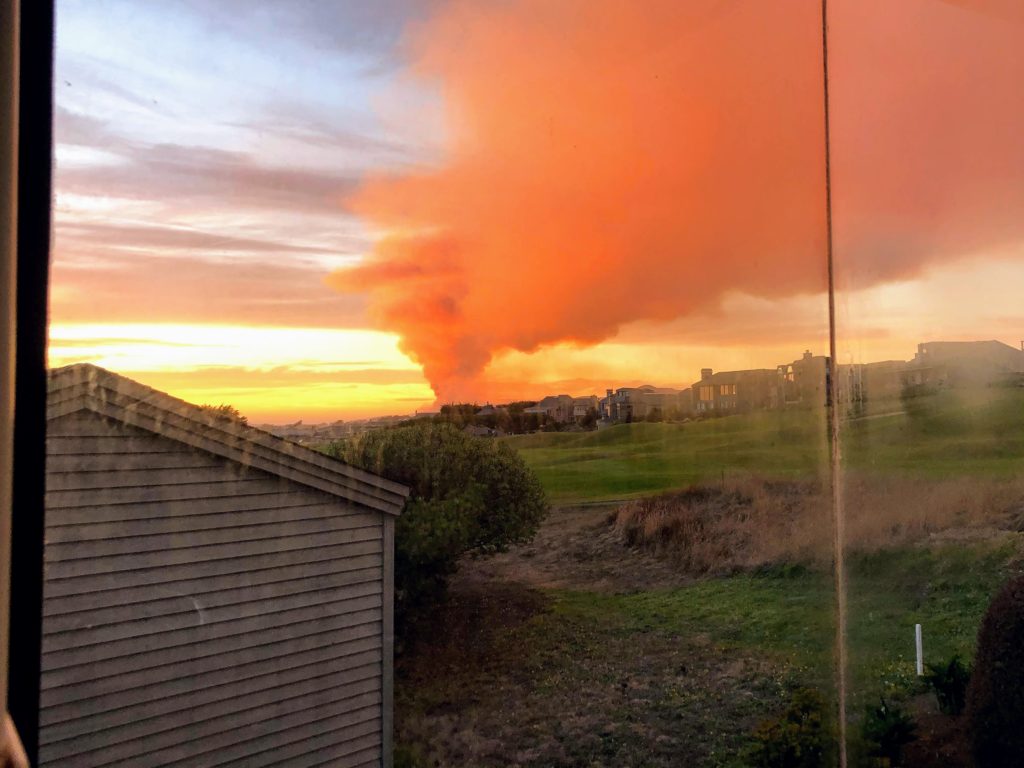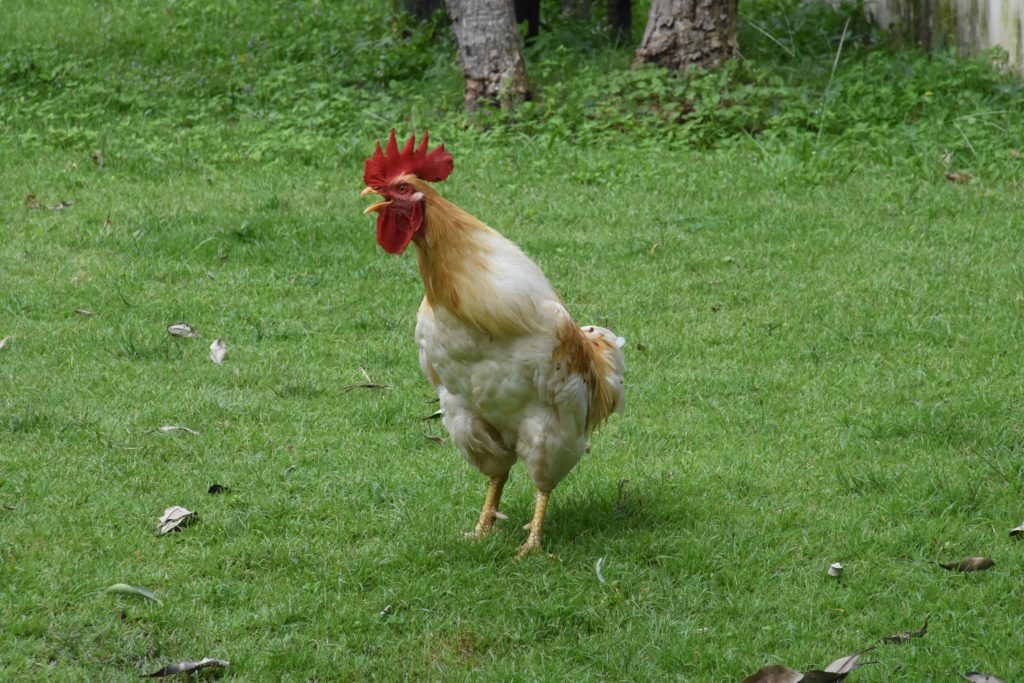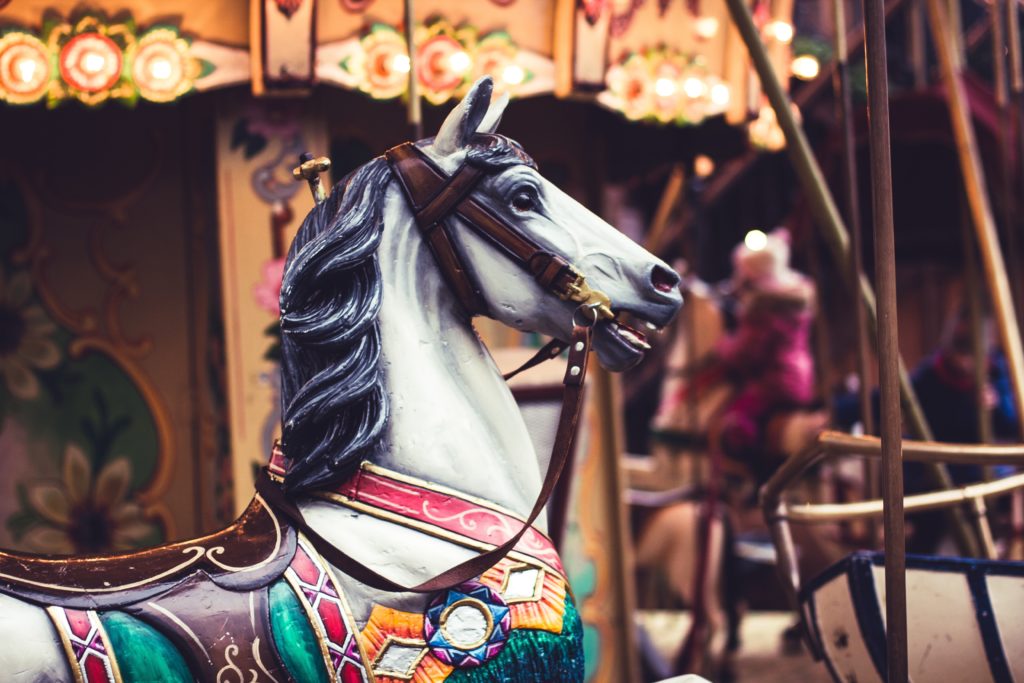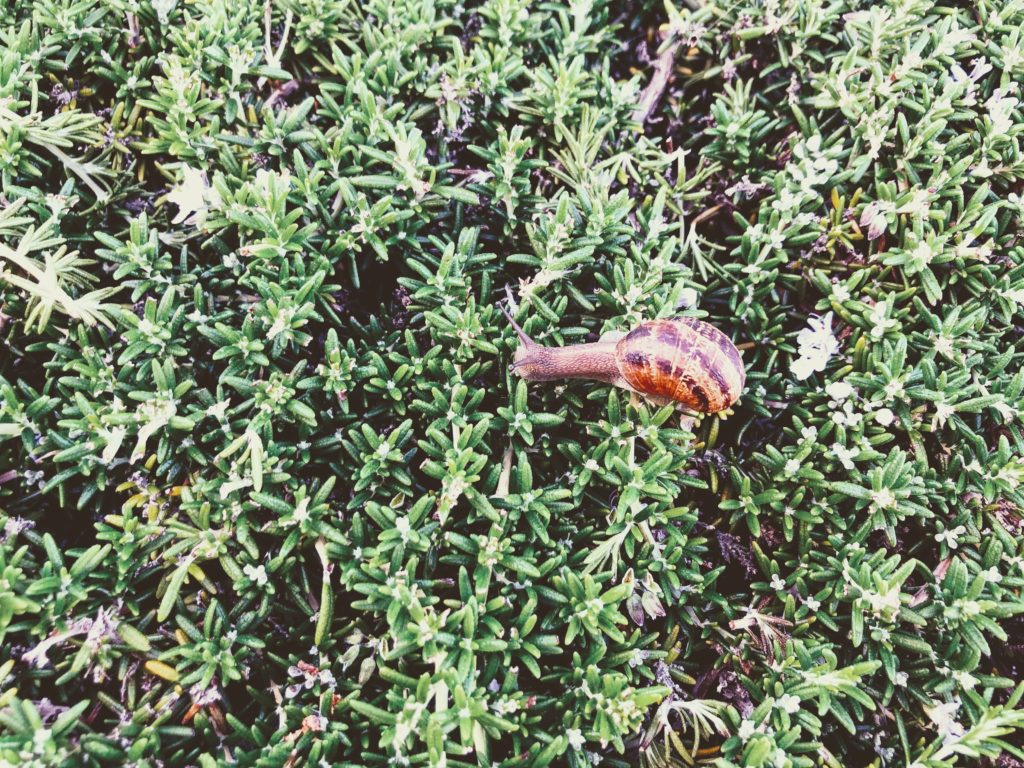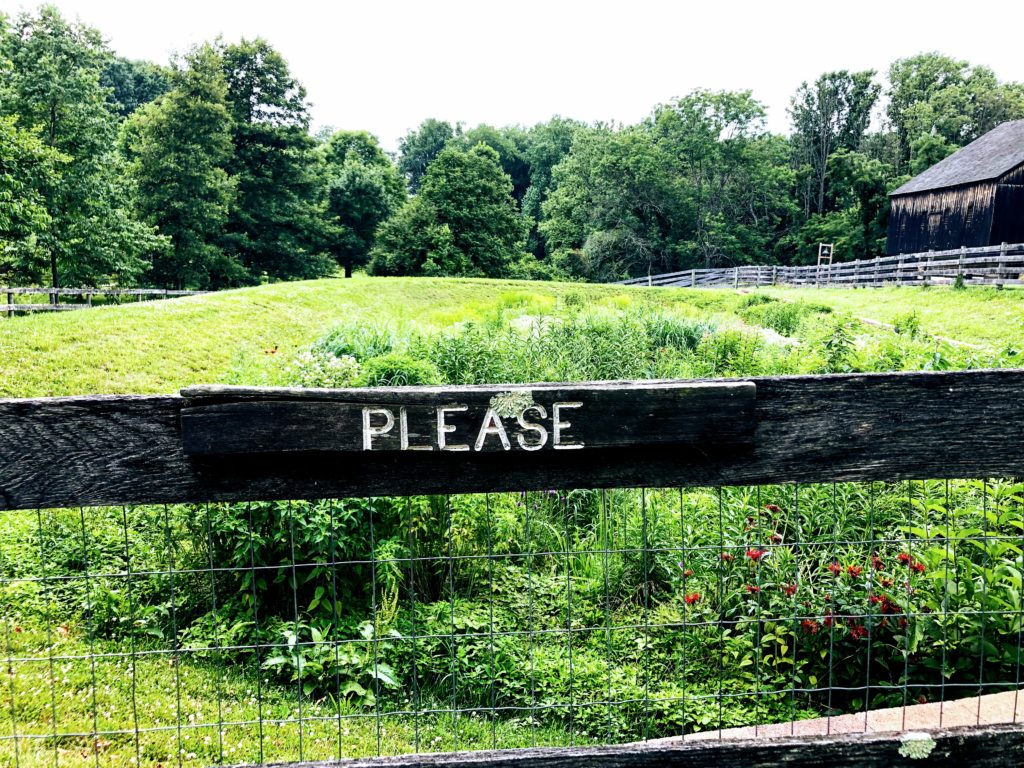On All Saints’ Day, we look back.
Looking backward is as familiar to me as breathing is, which is to say, I often fail to notice I’m doing it. (After all, my type’s orientation to time is sometimes summarized as “preserve the past,” which is the kind of impulse one needs to keep a wary eye on.)
From childhood I’ve had a near-obsession with the past. This obsession led me by the hand through a lifelong historical-novel habit, a history degree, and a tendency to ruminate. To a panicked feeling of things always going too quickly. A pang that I’m not quite done with chapters of my life which have ended without my permission.
It also means I love old buildings. Before that history degree, in my foolish youth, I loved any old-looking building indiscriminately. But education has led me out of this darkness. I now realize there are, broadly speaking, three categories of old-looking buildings: follies, ruins, and palimpsests. Let’s explore them, shall we?
A palimpsest is a manuscript that has been wiped clean to have other writing put on it—or, more broadly, any object that has been reused for some new purpose. I’m abusing this word slightly to refer to old buildings that have been long in use. You often hear, for example, that old houses in this area of the East Coast are log cabins surrounded by newer and newer rooms, built up and out. My dad’s friend had a house like that: a modern enough house, but with one room with a dirt floor that once was the entire house. It was a palimpsest: something new built right up inside and on top of something old, until the two became one.
Palimpsest buildings like this are disappointing to a past-looker like myself. They seem to cover the best bits up, hiding them in modern taste or functionality. After all, very-old buildings have to be maintained. This means new workmanship, new materials, replacement walls and doors.
Look at the amazing Taos Pueblo, which is one of the oldest inhabited buildings in the country, over a millennium old.
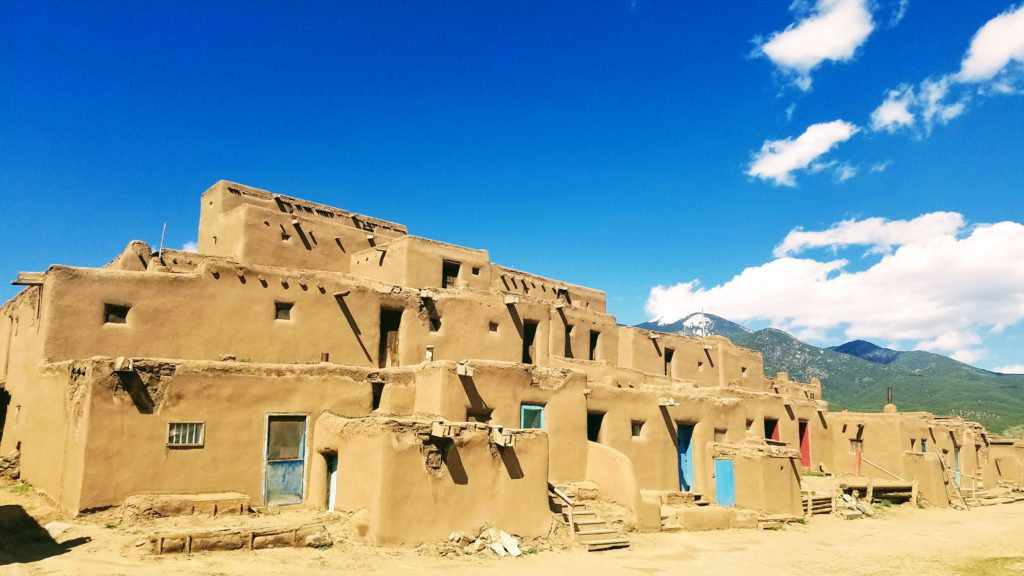
Does it look precisely as it did a thousand years ago, asks my past-loving heart? Of course not. It is a home, a city. It has had to withstand the weather, the climate, wars and famines and droughts and population changes, and dozens of generations of children clambering around it. People live in it. They maintain it as their house. They build it and go on building it.
Bummer, sighed the past-lover in me. I wanted to see literal millennium-old adobe, untouched.
Palimpsests are the realest kind of old building, but they disappoint. They are buildings—houses or churches or offices or shops whatever they want to be—rather than reverent monuments to the past.
Give me a reverent monument to the past, I cry!
Here, have a folly.
Follies are fake old buildings built as decoration. (Now we’re cooking with gas). You might be fooled by them if you aren’t on guard. You might be wandering around some estate which belonged to someone with vastly too much wealth, and, oh my God, is that a castle? Is that a ruined Roman amphitheater?
No, dear, it’s a folly, from the French folie. Crazy.

Follies are like expensive jeans: often either neat as a pin or stylishly, intentionally weathered. They’re like catnip for people like me who watch a lot of costume dramas. And then, once you figure out their fakery, they’re pretty embarrassing.
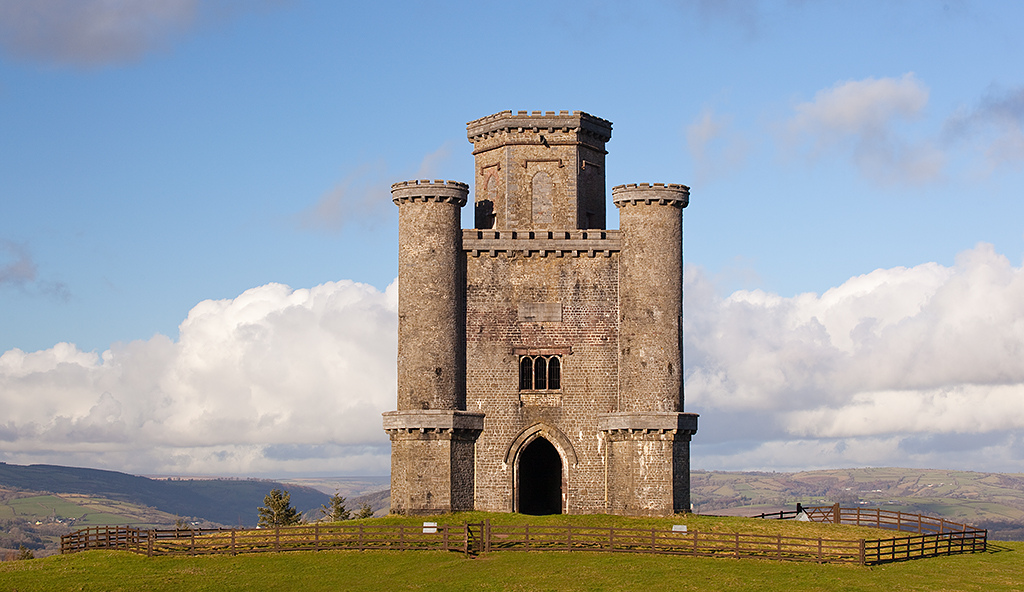

Now that we’ve learned to spot a fake, let’s move on to the really real old building. The one that isn’t bastardized by modern hands. Let’s look at some ruins.
Ruins have beauty and tragedy. They look great in the rain. They’re really romantic. You can imagine having some very strong emotions there, growing your hair long and getting a little windswept. And the fact that they’re dead makes them extremely fun for a past-looker: they’re pure in some way that a palimpsest or a folly could never be. They’re like an above-ground time capsule.
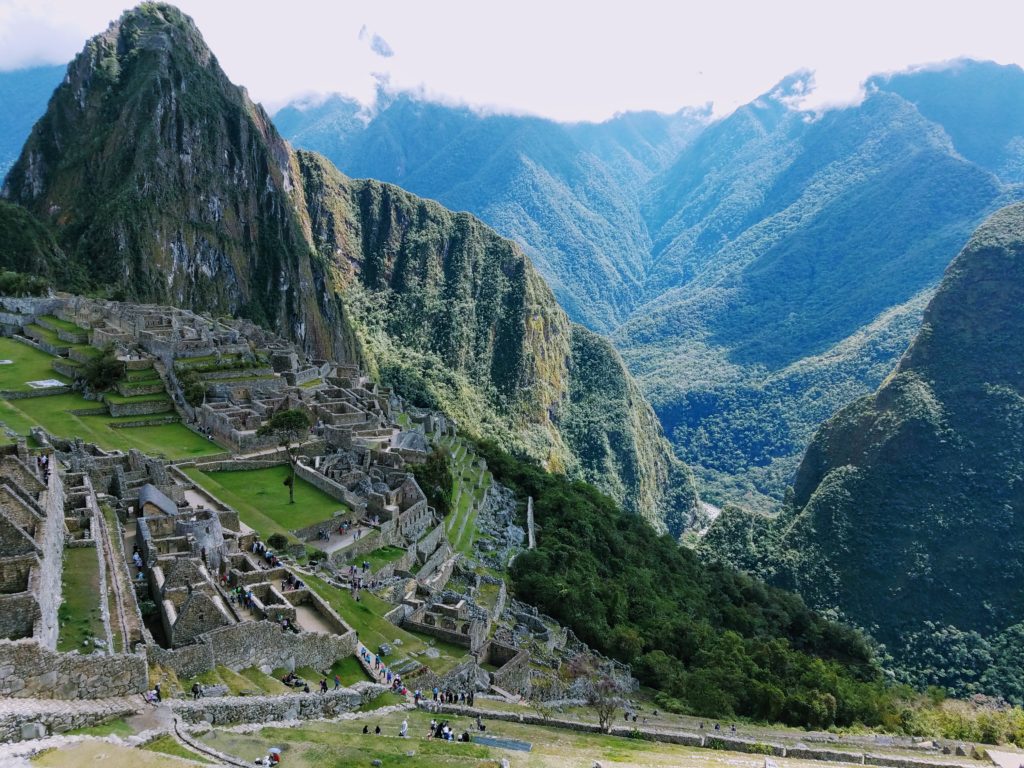
Until you realize that ruining doesn’t just happen. Not usually. It’s more natural for buildings to become palimpsests over time, if they’re any good, because people naturally want to keep using what they’ve got. Ruins, I’m finding more and more, are often on purpose.
In preparation for Book Three, I’m researching a lot of 12th-century castles and abbeys in France and England. The ones in France are often still there, or parts of them that haven’t been repurposed. But many of those in England were ruined intentionally. Henry VIII sacked the monasteries to get Anglicanism off to a proud start, and Oliver Cromwell “slighted” (cannon-balled and pulled down) many castles to deprive his enemies of a foothold.
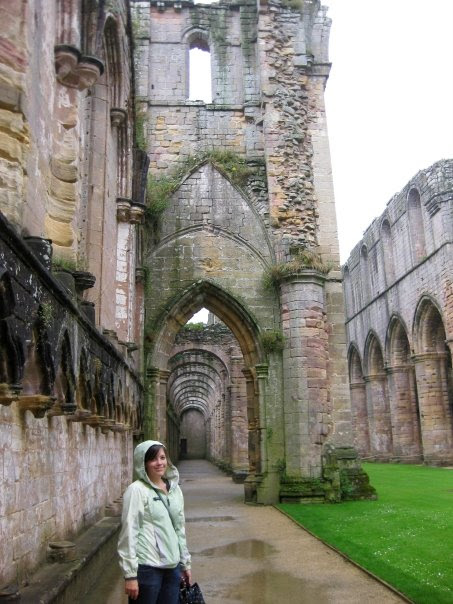
This makes me shake my fist at them, both for being such intolerant dipshits (pardon), but also for making it hard for me to know the precise dimensions of some of these buildings. Yes, this is about me!
So I’ve come full circle: I turn my nose up at follies, now, and ruins make me a bit sad. I see them more as lost information, lost usefulness. They are buildings that didn’t get a chance to live on as palimpsests, to be useful to people.

But the irony even there is: when these armies knocked down an abbey or a castle, people (being resourceful) used the rubble. They picked up the bits of the fallen walls and used them to patch their houses, their bridges, their crumbling garden retaining walls. These old ruins are living on as palimpsests, but spread out all over the countryside.
Take it one step further: after all that slighting, the rich started to love the aesthetic of the ruined buildings everywhere, looking rather elegant and skeletal, picked clean of rubble. They built some of their own in the backyard so they could stare at it over breakfast. Isn’t that a palimpsest of a kind, the repurposing of the very idea and function of a ruined building into a piece of artwork?
And take it another step: during some famines in Ireland, the wealthy landlords didn’t necessarily want everyone to starve to death, but couldn’t abide the idea of simply giving away cash or food. Instead, they gave the suffering masses construction jobs building “Famine Follies,” which sometimes were actual follies and sometimes were simply roads to nowhere. Unnecessary manual labor, I guess, rendered people deserving of food.
Picture that: starving people put to work hauling stone around the countryside to build a pretend ruin, which is to say, a building of no practical use masquerading as a building that once had (but no longer has) a practical use.
By now the whole idea of looking backward at pretty old buildings is collapsing in on itself. The idea of gazing longingly backward at all is foolish: uninformed at best; reactionary at worst.
Much better to love the idea of the palimpsest. To love the building that many generations have adapted and molded and fitted to their needs. To love the stones that fell out of the wall and ended up filling the gap in someone’s chimney.
For All Saints’ Day, better to stop looking back with regret and desperation, trying to freeze it in place, trying to see it in clear focus. Better to know that just like seeds in winter, what is dead still has a future of its own strange kind.
In the long meantime, everything is recycled. Nothing will be stagnant. Nothing will be resurrected whole. Old buildings are resurrected in others or returned to the earth. Old chapters of our lives will not come again, but they take on new resonances with every year, like the turn of a kaleidoscope.
Such a long time to be gone, and a short time to be there.


